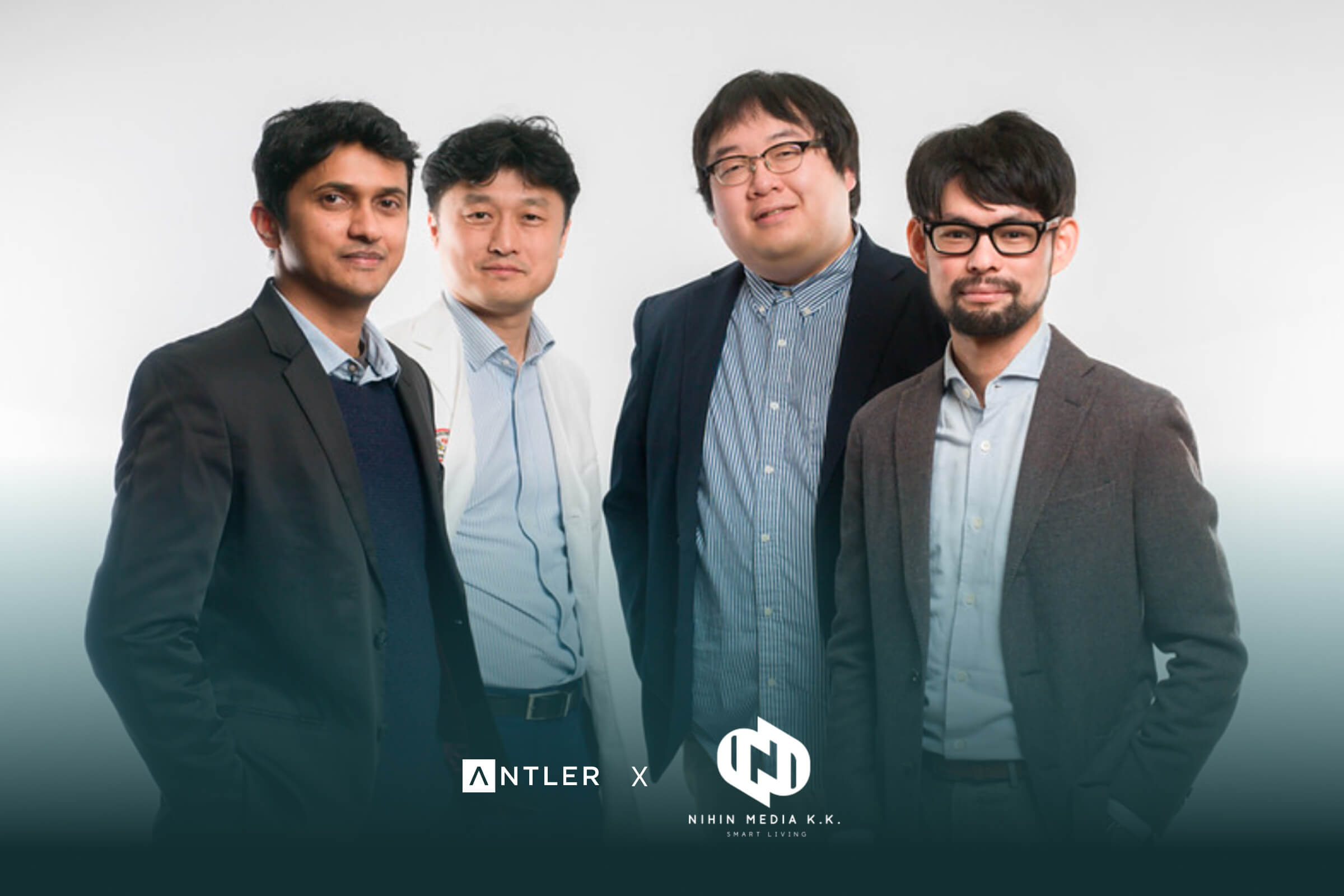You can move and work faster

"There's so much I learned from being a consultant that I've brought with me to Spoor. In consulting, you're delivering on an end goal, and you have to be able to work back from that goal by creating smaller goals and project steps and being completely accountable to the timeline. This level of project structure, insight, and foresight of how long something takes is completely invaluable in a startup; it helps you understand and manage the product development cycle, connect the dots quickly, and identify what resources are available," says Lorea Coronado-Garcia, co-founder and COO of Spoor.
Your skills are highly transferable

"I've worked as a project manager and consultant and both roles have been hugely relevant throughout my startup journey. When shaping your business idea, being able to lean on skills you've acquired as a consultant like doing analysis, interviewing customers, and putting together a business plan is instrumental. When your company is off the ground, you know how to implement things effectively, push big projects forward, recruit in a structured way, and how to sell a concept externally and internally. As a consultant you also learn how to come across as professional, which is a big bonus when speaking to investors and other key stakeholders," Snorre Jordheim Myhre, co-founder & CEO of Plaace.
You're comfortable operating in uncertain conditions

"Being a consultant teaches you how to learn things on the fly, jump from one thing to another, and pick up industry expertise within a very short period of time. You become comfortable with not knowing everything and making decisions with limited knowledge; you essentially do well with little. This is also the essence of being a founder — you're dropped in different situations and have to quickly pinpoint what the biggest challenges and opportunities are. My consulting background has therefore given me a really solid framework and toolbox for how to tackle startup challenges. I've also become skilled at analyzing data and that's key when you're building a company — you have to justify every decision you make and you can't do that without effectively gathering and interpreting data," Jessica Li, co-founder and CEO of Savvie.
You have laser focus

My consulting background has been extremely valuable in starting RePack for three key reasons; it teaches you how to be effective, helps you focus on value, and provides you with broad experience and expertise. It's easy to lose sight of what to focus on in a startup, and being a consultant taught me how to be effective, pragmatic, and how to spot and deliver value. You have to wear a lot of hats as a founder and the broad experience you get in consulting, from working in finance and strategy to transformation and technology really sets you up for success. Finally, you learn how to become effective at creating presentations, selling ideas, and framing complicated concepts in an easy way. This is really helpful in the early stages when you're meeting with customers, investors, or potential partners," Jørgen Sørgård Erdal, co-founder and CEO of RePack.











